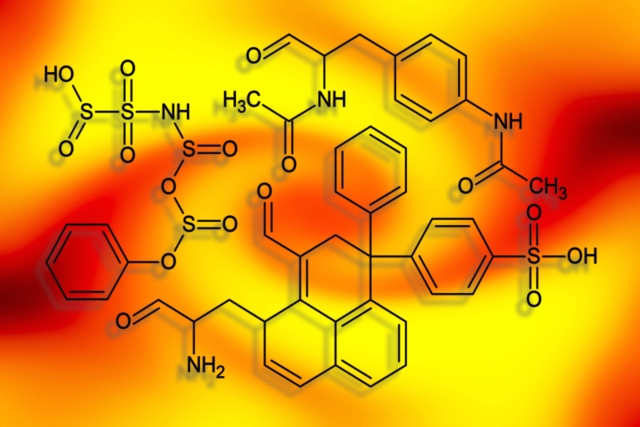
Introduction
Genetic testing is rapidly gaining popularity as a means of providing information about an individual’s health risks, ancestry information, and even individual genetic characteristics and abilities. A proper understanding of the accuracy and limitations of genetic testing is important for the utilization of test results. This article will discuss the reliability of genetic testing, focusing on the accuracy of results and current technical limitations.
1. Basic Overview of Genetic Testing
Genetic testing is a method of testing for the presence of specific genes or mutations based on analysis of DNA. A typical genetic test provides the following information
- Prediction of health risk: risk for specific diseases and dispositional tendencies
- Familial genetic information: risk of genetic diseases and their potential to affect offspring
- Personalized medicine: providing data for precision medicine
While this information is now easily available due to advances in genetic testing, there is a need to understand the reliability of this information.
2. Reliability of Genetic Testing: Verification of Accuracy and Validity
2.1 Factors Affecting Accuracy
The reliability of a genetic test depends on many factors. In particular, the technology of the testing laboratory, the type of gene to be tested, and the quality of the specimen have a significant impact on accuracy.
- Testing technology: While the development of next-generation sequencing (NGS) technology has improved accuracy, the precision of data analysis and technical limitations also affect accuracy.
- Sample quality and environment: The accuracy of a test can be compromised if the DNA collected is affected by storage conditions or contamination.
- Mutation frequency and interpretation: how a particular genetic variant relates to disease risk is often still unknown.
2.2 Variation in Results from Different Testing Methods
Variation in the results of genetic tests can occur due to different testing methods. For example, there have been reported cases where risk assessments provided by different genetic testing companies do not match.
References:

3. Limitations of Genetic Testing
3.1 Epigenetics and the Influence of Environmental Factors
Genes carry a lot of information about our constitution and health, but genes are not the sole determinant of everything. Epigenetics (mechanisms that control gene expression) and environmental factors also have a significant impact on health. The results of a genetic test are only an indication of “potential risk,” and the risk can vary depending on lifestyle and environment.
References:
3.2 Risk assessment not a definitive diagnosis
Many genetic tests provide a probabilistic assessment of disease risk, but this does not necessarily mean that the disease will occur. For example, cancer and cardiovascular disease are multifactorial diseases, and specific genetic mutations alone are not sufficient to assess risk.
3.3 Limitations in Personalized Medicine
Although genetic testing offers many possibilities for personalized medicine (individualized medicine), the understanding and guidance of medical institutions and specialists are essential for its utilization. Self-judgmental actions can be risky, and caution should be exercised in medical practices based on test results.
4. How to Utilize Genetic Testing and Points to Be Aware of
4.1 Importance of Genetic Counseling
The assistance of a professional genetic counselor is recommended in order to understand the results of a genetic test and take appropriate action. Genetic counseling provides a comprehensive approach that includes interpretation of results, lifestyle guidance, and psychological support.
4.2 Protection and Privacy of Information
Genetic information is highly personal and private. Some genetic testing companies may provide or share information with third parties, and users should be aware of their information practices.
Conclusion
Genetic testing is a tool that can provide valuable information for health care, but it is important to fully understand its reliability. Genetic testing, which opens the possibility of precision medicine, must also face reliability and ethical issues as the technology advances.


